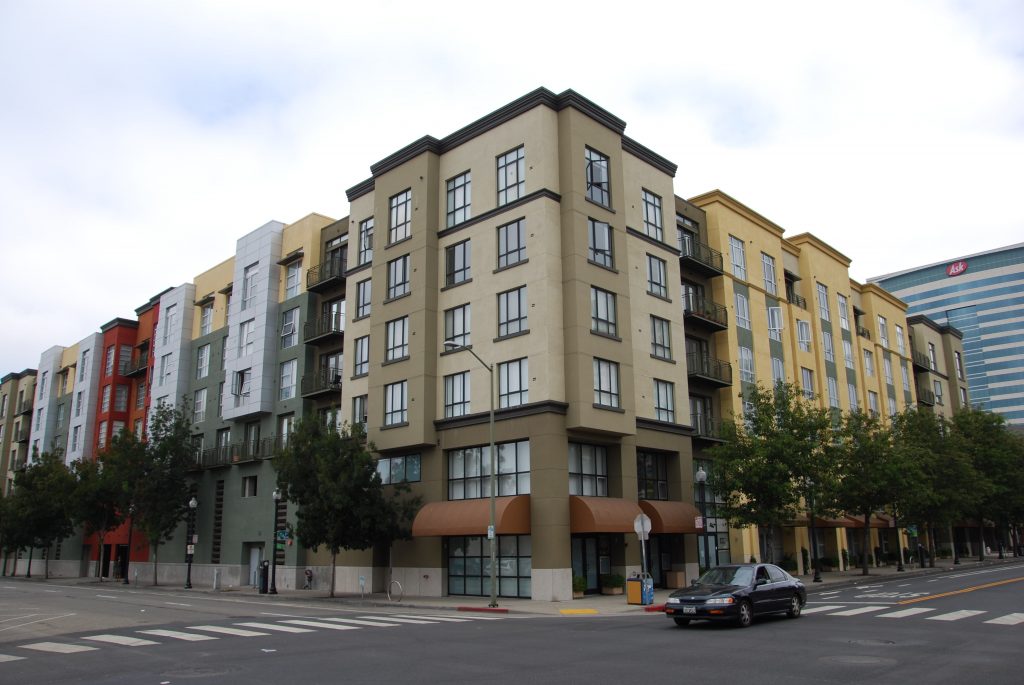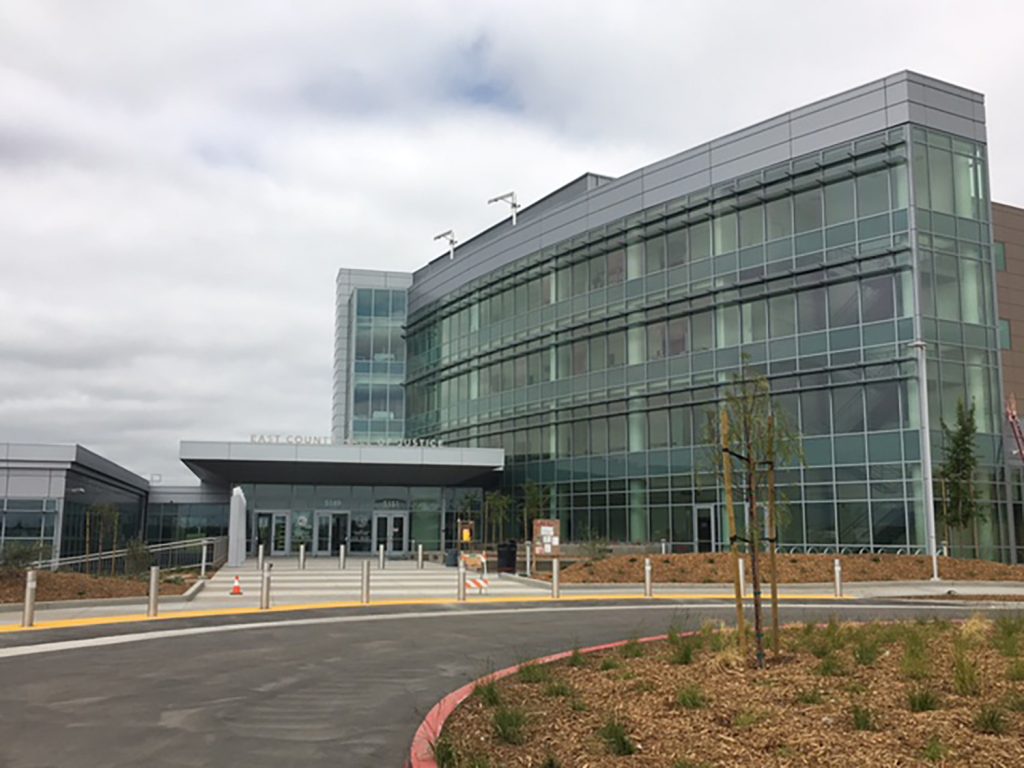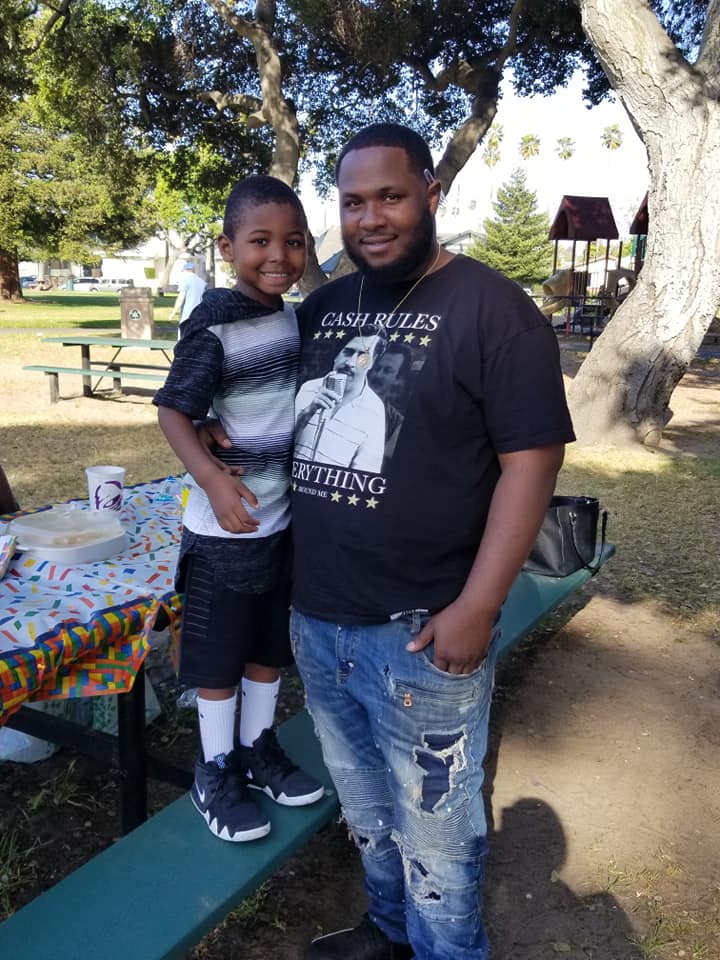The city of Oakland seems eager to see evidence of a mayor that is working on solving problems, that is actively engaged in the community, recognizes the troubles it faces, and is working diligently to see that those problems are solved. This is not surprising, considering that we are one month away from what was largely considered to be an absentee administration, Mayor Dellums even drew criticism from a local news station for often working four hours a day or less, prompting prominent Oakland developer Phil Tagami to demand that he fill out time sheets.
With this in mind, Oakland’s new mayor, Jean Quan, has made pledges to be more accessible to her constituents, and addressed the Piedmont Pines Neighborhood Association Monday to speak about her priorities for 2011. The main item on the agenda was clear before she walked into the mayor’s office: balancing the city’s budget.
“I’m asking our community to invest in our children, to volunteer, and to be fair when evaluating our budget,” Quan told the large and boisterous crowd that had packed into the auditorium at the Chabot Space and Science Center, a crowd concerned with police cutbacks, failing infrastructure, and ineffective government.
Budget Woes
She began her speech by painting a dire picture of the city’s finances, one that surely came as a surprise to few in the room. She mentioned that 400 city positions had already been eliminated, but because of the falling revenue from foreclosures, the real estate crisis, and other negative effects of the recession, there was still a looming budget deficit that desperately needed closing. Quan said she was looking at sacrifices she could make personally, and said that she had already cut the mayor’s salary by 25%.
Quan pointed out that the highest paid city workers were police and fire fighters, and that 70% of the city’s budget currently goes towards those services. She also mentioned that she had rehired ten Oakland police officers who had been let go as part of the city’s recent cutbacks. During the question and answer sessions, Quan was asked whether the officers would be hired under new contracts or if they would be resuming their old contracts, which had been a contentious issue under previous negotiations. Quan made it clear that they would be revisiting the Oakland Police Department’s contracts, she said, “I suspect they will protect the older officers but be more flexible with newer officers.”
Quan also rejected the idea that programs such as the Oakland Fund for Children and Youth should be cut in favor of police funding, which she said occupied 3.4% of the budget. “It’s hard to make that argument,” she said, “when we’re spending 48% of our budget on police and 4% on kids.”
A Spirit of Volunteering
Quan also offered some specifics in her pleas for volunteering: earlier several attendees had expressed concerns about poor roads and clogged storm drains, and Quan suggested they could clean the drains themselves, allowing city workers to work on the tougher jobs they are trained to handle. Earlier, Oakland Director of Public Works Vitaly Troyan spoke and reminded the group that they were responsible for the maintenance of sidewalks in front of their property, and attempted to garner sympathy for a difficult situation by pointing out that gas taxes had not been raised since 1993, leaving little funding for improving Oakland’s streets.
Quan encouraged the group to do their shopping in Oakland stores, rather by mail order or online. She said she is seeking to encourage retail development, and using redevelopment funds to purchase property in downtown Oakland for construction of new retail establishments. She envisioned walkable streets and neighborhood shopping areas, and said that she would work to make sure that 25-50% of the construction jobs created by the new development would go to Oakland youth.
She also said that getting grocery stores into neighborhoods deep in East Oakland where there sometimes is not a grocery store for miles would be a top priority.
However, Quan said the city should not be exclusively focusing on retail: “Is this a city of shopping centers or are we going to maintain some of our industrial areas?” she asked. She offered the Oakland Army Base as an example, half of which has been slated to be developed by the Port of Oakland, and should help revitalize the city’s ports.
Gang Injunctions
When asked about the Fruitvale gang injunctions proposed by City Attorney John Russo, Quan pointed out that residents have called them “too broad,” covering almost the entire area of Fruitvale, and said the proposal raises many questions.
She emphasized that she is not against gang injunctions for ideological reasons, but following suits by some of the men named by the proposed injunction, she shared some of the community’s reservations.
Quan said that 40% of Oakland residents do not trust the police, and said that repairing that trust, by visiting schools and talking to neighborhood youths should be a top priority. “We need to start developing relationships with the young people of the city,” she said. “We have to get to the place where young people want to be cops.”
Her words drew a sharp contrast with Russo’s, who had spoken passionately in favor of the injunctions before Quan had arrived at the meeting. Russo blamed the press for creating controversy, arguing that “when you speak to the people who live in fear of the gangs… there is widespread support. There is no controversy.”
He said that there was misinformation regarding the injunction, that no one over 18 will be affected. “This is the most civil rights oriented gang injunction in the State of California,” he said.
He described the injunction in some detail, pointing out that everyone affected had already been convicted of a crime, and were known to have associated with gang members or admitted on social networking sites to being in a gang. He said it would stop guns, drugs and graffiti by not allowing the named individuals to associate with each other within a particular safety zone. Police would be free to stop them if they saw several gang members together, or in the area after a particular hour.
Arguing for the curfew, he said that it was to prevent not only crimes committed by the gang members, but that “they are bullet magnets,” and would attract fire to themselves if they were out late. He dismissed the notion that the injunctions amounted to racial profiling, and said that in most cases of gang violence, the victims are black and brown.
“The profiling is when we decide these communities are not entitled to the same law and order that we are,” Russo argued to the mostly white audience.


